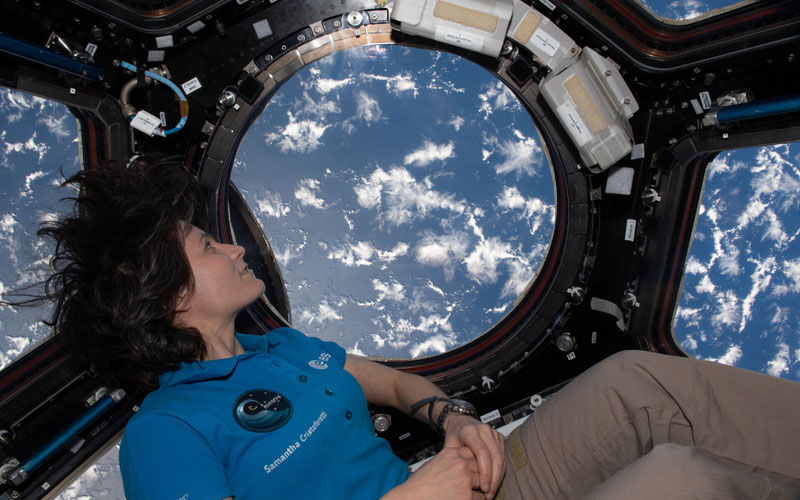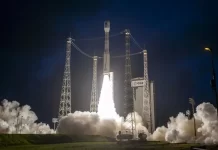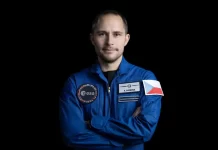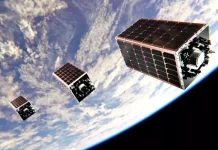
European Space Agency astronaut Samantha Cristoforetti has announced that she will be leading the agency’s team responsible for implementing its LEO Cargo Return Service initiative.
The initiative was first announced in May 2023. Its aim is to support the development of a commercial cargo transportation service to and from low Earth orbit, offering resupply capabilities for the International Space Station and future commercial space stations. At an ESA council meeting in Seville in November, member states approved the initial phase of the project, allowing ESA to publish a call for proposals.
In a LinkedIn post published on 7 February, Cristoforetti explained that while her dreams to become an astronaut, participate in a spacewalk, and serve as Commander of the International Space Station had all come true, one big dream remained.
“I dream of Europe having its own spaceship, like the US, Russia, China, and soon, India,” wrote Cristoforetti. “I dream of international crews flying to space not only on private US vehicles but also on European ones.”
Cristoforetti went on to explain that she had been given the opportunity to be a part of fulfilling this dream by leading the team implementing the LEO Cargo Return Service initiative.
While the initiative is focused on developing a cargo transport service, the call published by ESA requires interested parties to propose vehicles that are “compatible with the evolution towards a crew transportation service” without major modifications to its architecture.
“The immediate benefit is that Europe will be able to develop a win-win relationship with the providers of future commercial space stations, providing cargo transportation in exchange for research opportunities and astronaut flights,” wrote Cristoforetti. “Because we want to be partners, not just customers. Beyond the immediate horizon, the cargo vehicle could one day evolve into a crew vehicle or serve cislunar destinations.”
Cristoforetti concluded her post by remarking that Europe had already demonstrated the necessary capabilities in LEO docking, re-entry, and operations. “Now it’s time for our industry to put all the elements together and develop a competitive and affordable end-to-end service.”
In addition to selecting one of the agency’s most experienced astronauts to lead the project, the agency is also actively recruiting for its operation. Late last week, ESA director of human and robotic exploration Daniel Neuenschwander announced that the agency was looking for a system engineer and a product assurance and safety engineer for the project.
Proposals for the LEO Cargo Return Service initiative are expected to be received by the end of February. Neuenschwander explained during the ESA Director General’s annual press briefing earlier this year that the agency then expects to sign phase 1 contracts in May.
This first phase of development will run from June 2024 to June 2026. The second phase will run from June 2026 up until the execution of the demonstration mission, which is slated to occur in 2028. While funding for phase 1 is already secured, member states will vote on funding for phase 2 during the next ministerial level council meeting in late 2025.




